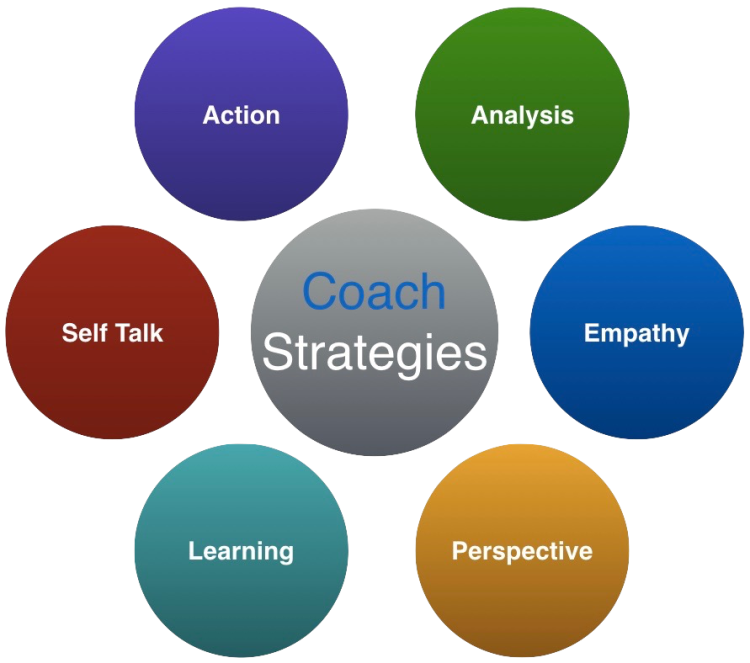![]()
Despite working hard, practicing well, and doing all the right things, every athlete will experience a setback from time to time. This can include getting injured, not making selection, producing a below-par performance, being dropped from the team, and so on and so forth.
These setbacks have the potential to negatively affect confidence levels, so it’s important that, as the coach, you help your players to quickly gain a balanced and realistic perspective of the situation, and then develop an appropriate plan of action.

Performance analysis
Start the process by encouraging players to deconstruct the setback. Help them to consider what they did, what they missed, who was involved, what were the external factors, and so on. At this stage, it’s imperative that you get them to recognise and, if appropriate, own any accountability.
Be empathetic
During these difficult times, aim to strengthen your rapport with them by providing emotional support, and acknowledge how challenging their situation must be. Therefore, provide sufficient time and space for your players to explore their feelings connected with the setback, and employ level 2 listening skills, which are essential for making people feel valued and recognised.
Put it in perspective
Setbacks usually evoke high emotions, making it harder for players to think rationally and logically – it’s therefore essential that you help them to view the situation realistically. If possible, use examples of similar historical experiences they’ve had, in order to unearth any relevant learning points. Perhaps you can discuss how they may potentially view this current scenario a year from now? Time tends to change the way we feel, so although players may initially feel aggrieved, it can help them to see that this experience could actually turn out to be beneficial in the long run.
Learning opportunity
Underline the fact that setbacks happen to all players, and highlight that overcoming these challenges is all part of their continuing growth. Ask them to examine what, if anything, they would do differently in a similar circumstance. Be sure to point out that a key to success is knowing how to benefit from these experiences, so that they are better prepared when comparable events occur in the future.
Promote positive self talk
When players experience difficulties, it’s common for them to enter into a downward spiral of negative self-talk, so explain how this way of thinking will only make their situation worse. For players to quickly overcome setbacks, it’s imperative that they start thinking positively…and then maintain these affirmative thought processes.
Plan, do, review
Setbacks always provide learning opportunities, so help your pl ayers to quickly identify these. Incorporate the identified opportunities into an agreed action plan to strengthen any required areas of development, whether that’s technical, tactical, mental or physical. Action the plan, and then periodically review it, making any necessary adjustments or changes along the way.
ayers to quickly identify these. Incorporate the identified opportunities into an agreed action plan to strengthen any required areas of development, whether that’s technical, tactical, mental or physical. Action the plan, and then periodically review it, making any necessary adjustments or changes along the way.
Would you like to support my writing? Click here to find out more

Great post! Plan, review, and do! Making it happen to recover. Flightministries.com
LikeLike
Great post. This coaching also applies in the realms of sales coaching. I’ve had a rough patch that I am currently owning through positive choices and general positive thinking. I credit my manager for deploying a similar approach to coaching me back on track to being successful. Credit to you too for helping me to recognise a couple of additionally important considerations. Cheers
LikeLiked by 1 person
Thank you so much for these comments, which are very much appreciated….makes it all worthwhile! Yes I agree, this applies to lots of areas outside of sport, including sales. Really hope you turn things around quickly, and good luck to you!!
LikeLike
These are awesome pieces of advice. Love them! Positive thinking for athletes is super important, and a lack of it could be the demise of a career…. Great post!
LikeLiked by 1 person
Thanks for your comments…much appreciated!
LikeLike
Hi great reading yourr post
LikeLiked by 1 person